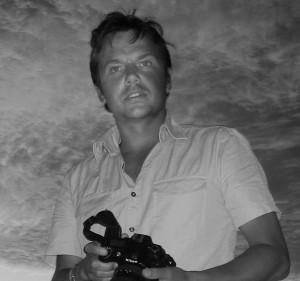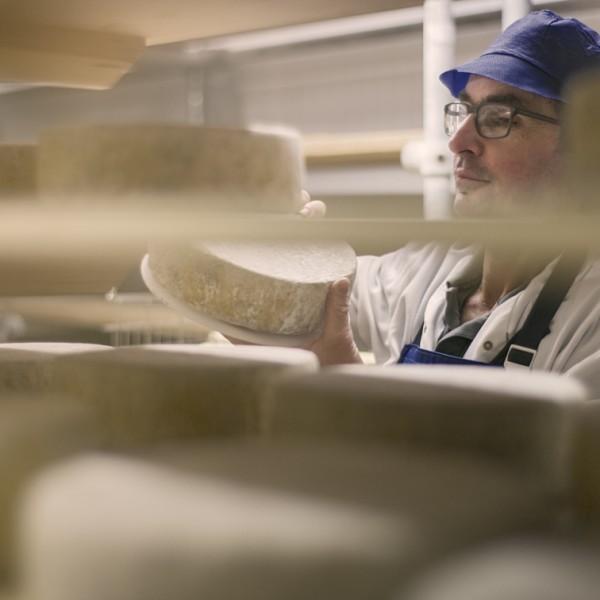
Sam Faulkner
The day after my last exam, I threw a battered old Canon and a few rolls of Tri-X into a backpack and took a long route to Afghanistan. It was 1994. I didn’t really know what I was doing or where I was going. I hadn’t worked out how I was going to get into the country, let alone how I was going to get out. I wanted an adventure and to have a go at becoming a photographer. I slept under the stars, next to teenage killers who’d never met a foreigner before. At night we shared greasy mutton soup as we watched tracer rounds and rockets silently rain on distant Kabul. By day we toured the front lines south of the capital, crouched behind low mud walls as bullets whistled overhead. At times I wondered whether I really was just a guest. My hosts, a band of Mujahideen, linked to the murderous warlord Gulbuddin Hekmatyar, seemed in no hurry to see me go and whenever we moved we went in convoy, billowing clouds of dust. I was utterly dependent upon them in a hostile, alien country. After about two weeks they drove me back to the Pakistan border. I had shot six rolls of film. But it was the start.
Today, I still get the same buzz arriving on assignment in a new country. My kit may be a bit fancier, the brief a bit tighter and the budget (hopefully) a bit more generous, but it is always a thrill to do this job. I began shooting my long term project Cocaine Wars in 2001 and the first few stories from the project won the Observer Hodge Award and got me on the Joop Swart World Press Photo Masterclass. Other prizes and grants include The Winston Churchill Memorial Fellowship, The British Journal of Photography Project Assistance Grant, The Getty Grant for Good for work on female genital mutilation Mali and selection for last year’s Taylor Wessing exhibition at the National Portrait Gallery.
I live in London with my wife and our two young children.


